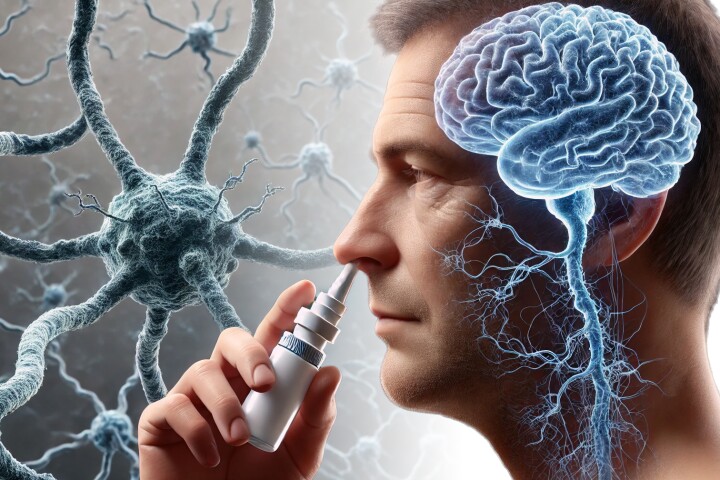Humans have bitter taste receptors not only in their mouths but in their lungs, too. Researchers have exploited these receptors’ innate ability to dilate the airways to create a potent new drug that may change how we treat diseases like asthma and COPD.
The bitter taste receptor subtype TAS2R14 is found on the tongue and in the smooth muscle of the airways, and activation of TAS2R14 causes bronchodilatation, or relaxation of the smooth muscles, widening the airways. TAS2R14's action is more potent than existing beta-adrenergic receptor agonist bronchodilators that are currently a mainstay treatment for conditions like asthma and chronic obstructive pulmonary disease (COPD).
In broad terms, asthma and COPD are caused by the narrowing of the airways, called bronchoconstriction. Asthmatics' airway smooth muscles constrict, leading to inflammation and the production of excess mucus, making breathing difficult. In people with COPD, an umbrella term that includes emphysema and chronic bronchitis, airway narrowing is caused by irreversible lung damage. Both conditions result in shortness of breath, wheezing, and cough, and both require treatment with bronchodilators or inhaled or oral steroids.
While scientists have known for some time about TAS2R14 receptors in the human lung, their structure has remained a mystery. The existence of a naturally occurring TAS2R14 ligand – a chemical, such as a drug, that binds to a receptor – that activates the receptor has also remained elusive.
A number of synthetic compounds, such as the non-steroidal anti-inflammatory drug (NSAID) flufenamic acid, are known to bind to and activate TAS2R14 receptors, but they’re not very potent. So, researchers set about designing a more potent compound that exploited the bronchodilatory actions of TAS2R14.
Using flufenamic acid as the starting point, researchers used a combination of computational design and chemical synthesis to create analogs – drugs whose physical structure is similar to flufenamic acid – with improved properties.
Having discovered the compounds that had enhanced potency, they made chemical variations to these analogs, testing them on cell-based assays to find the one that caused the greatest TAS2R14 receptor activation.
One of the new compounds, which researchers named 28.1, was found to be six times more potent than flufenamic acid, meaning that less of it is needed to produce a similar effect. The compound was also highly selective for TAS2R14 receptors compared to non-bitter taste receptors, potentially minimizing the side effects of the drug.
The discovery of 28.1 has given scientists a greater understanding of the workings of the airways’ bitter taste receptors. It has also increased the likelihood that drugs can be developed that target these receptors, leading to more effective drug treatments for asthmatics and those with COPD.
“Our newly described TAS2R14 agonists will serve as valuable tools to better understand the mechanism and the physiological function of bitter taste receptors and guide the development of drug candidates targeting this intriguing family of membrane proteins,” the researchers said.
The study was published in The Journal of Medicinal Chemistry.
Source: American Chemical Society





